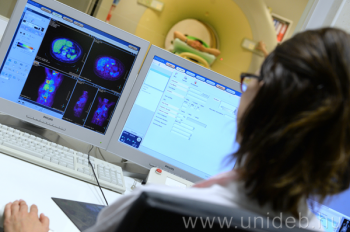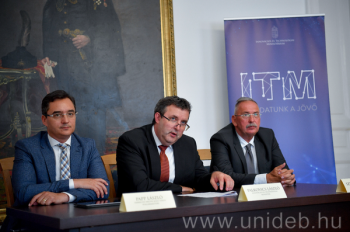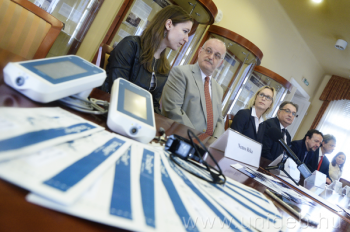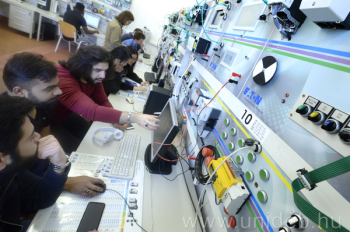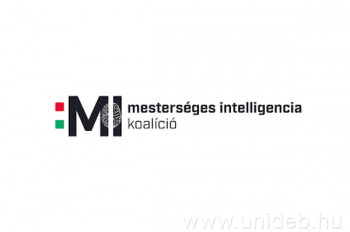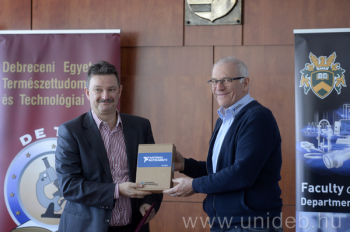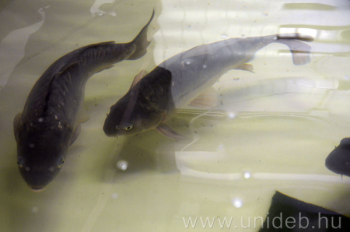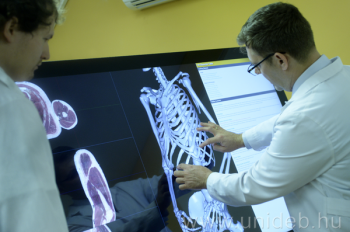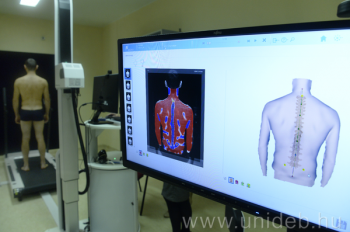The Clinical Centre of the UD conducts research in the field of the Higher Education Excellence Programme using the most up-to-date technology of MI, Big Data, and cloud computing. Teaching of the novel methods, with the participation of Microsoft Magyarország Kft., ended on Wednesday.
Hírek Innovation címkével
The Hungarian Government supports the development of the technical education of the University of Debrecen with close to 20 billion forints. According to plans, vehicle engineering training can start by September 2020, with aviation engineering as a major included.
The thousand-year-old form of movement, which the university’s students could try on Tuesday, can gain a role even in stress research conducted at the University of Debrecen. The free of charge class organized in the framework of the international yoga day DESOK was filled to capacity.
With the contribution of UD and the prestigious Mayo Clinic, Senzime, a Swedish company, has developed a cutting-edge monitor to be used in operating rooms. The device can accurately detect when a patient is able to breath independently again. Its use enhances patient safety significantly.
From now on, electrical engineering students at UD will be able to learn how to use programmable logic controllers (PLCs) in an industrial environment. In connection with the new lab, representatives of companies operating in the region discussed opportunities for cooperation with the faculty.
The university of Debrecen has joined the Artificial Intelligence Coalition that seeks to promote research and use of artificial intelligence. UD may be involved in the activities of several working groups operating in the framework of the Coalition.
National Instruments Hungary Kft. (NI) has again decided to support the technical and scientific education of UD, this time by donating HUF 15 million. The delivery ceremony of the LabVIEW Multisim software licence took place on Tuesday at the Faculty of Engineering.
Researchers at the Faculty of Agriculture of UD have reduced the breeding time of carp to one third. The Fish Biology Laboratory has developed a technology that allows carps to achieve sexual maturity and marketable size in 12-13 months.
As part of a nationwide programme, simulation-based education will be developed at the Faculty of General Medicine from a grant of HUF 800 million. Some of the new assets added include lifelike patient simulators capable of producing symptoms, as well as a 3D anatomical board.
World-class technical developments will be realised in the Biomechanical Laboratory of the University of Debrecen. The high-tech devices, including the 3D printer capable of producing metal bone prosthetics, were dedicated at the 25th anniversary celebration of the laboratory.
